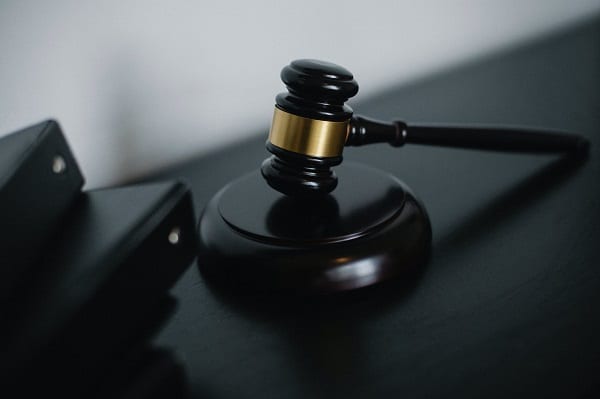BALTIMORE, MD—Maryland Attorney General Brian Frosh on Tuesday filed a lawsuit against Monsanto for the harm that chemicals the company manufactured have caused, and continue to cause, to Maryland’s land, waters, fish, and wildlife. The lawsuit seeks to recover damages and clean-up costs associated with polychlorinated biphenyls (PCBs).
Filed in the Circuit Court for Baltimore City, the suit alleges that Monsanto knew as early as 1937 that PCBs had systemic toxic effects in humans and animals. The suit also alleges that Monsanto knew that PCBs are highly durable and do not naturally break down. Indeed, in promoting PCBs, Monsanto touted their longevity. Between 1935 and 1977, Monsanto was the only company in the United States to manufacture PCBs for widespread commercial use. PCBs were eventually banned in the United States in 1979, but today they continue to pollute Maryland’s natural resources and waterways, including the Susquehanna River, Baltimore Harbor and the Chesapeake Bay, as well as fish and wildlife throughout the State.
“As the complaint alleges, Monsanto knew that PCBs were toxic and harmful to the environment, wildlife, and humans,” said Attorney General Frosh. “Monsanto not only continued to manufacture and sell PCBs but increased production even when the harm to the environment was undeniable. Monsanto’s toxic legacy lives on. Until today, Marylanders have borne the cost of cleaning up these poisons. It is time for Monsanto to take full responsibility.”
Even though, as alleged in the complaint, Monsanto knew how harmful and persistent PCBs were, internal documents show that it fretted that it could not “afford to lose one dollar of business.” It continued to manufacture, market, and sell more and more PCBs because “selfishly too much Monsanto profit” would be lost if it told the truth.
“This is an important and necessary step to hold Monsanto accountable so the state can continue to make progress in preventing toxic pollution and recovering from decades of damage,” said Maryland Environment Secretary Ben Grumbles.
PCBs are colorless or light yellow crystalline compounds that, before they were banned in 1979, were used in hydraulic fluids, heat transfer fluids, and insulating fluids for electrical equipment such as transformers and capacitors. They were also used as plasticizers in products such as paint and caulking, and in the emulsion coating of carbonless copy paper.
According to the Centers for Disease Control and Prevention (CDC), PCBs are known to cause cancer in animals and the Environmental Protection Agency (EPA) has concluded that they are probable human carcinogens. According to the Agency for Toxic Substances & Disease Registry, PCB exposure can cause cancer, depressed immune system function, skin conditions such as acne and rashes, irritation of the nose and lungs, gastrointestinal discomfort, changes in the blood and liver, depression, fatigue, and impaired learning capacity.
PCBs are hard to remove from the environment, and they accumulate in the fatty tissues of living organisms. As a result, species higher up the food chain—such as predatory fish, marine mammals, and humans—retain and accumulate PCBs from feeding on smaller species.
Photo by Sora Shimazaki from Pexels
Do you value local journalism? Support NottinghamMD.com today.

